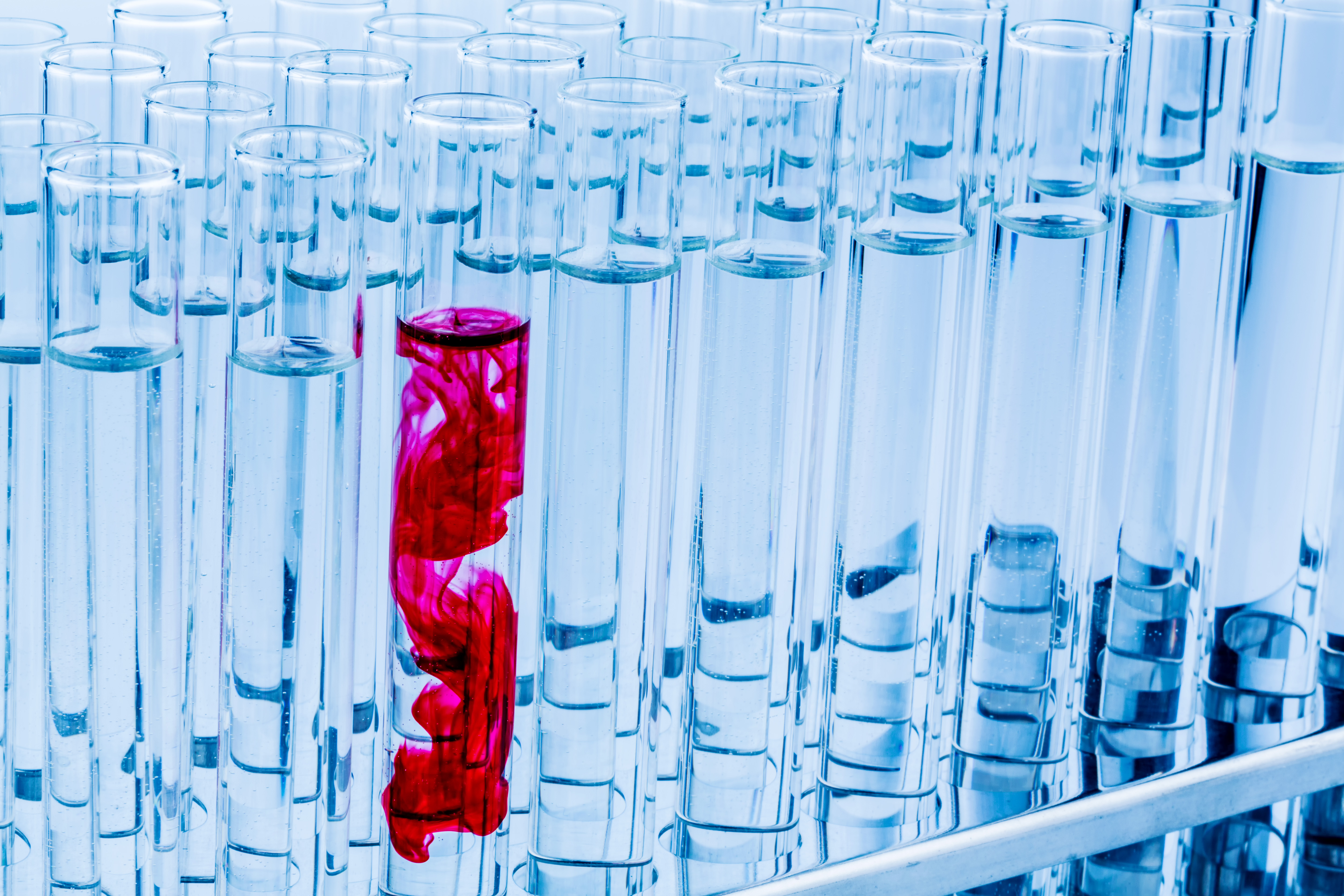
Eagle Pharmaceuticals signs definitive agreement to acquire Arsia Therapeutics marking entry into biosimilar market.
Eagle Pharmaceuticals announced that it has signed a definitive agreement to acquire Arsia Therapeutics, an early-stage biotechnology firm with proprietary viscosity-reducing technology and formulation know-how.
The acquisition will mark Eagle’s entry into biologics, the fastest growing sector of the pharmaceuticals market, and will allow the company to apply its proven market strategy to offer “biobetter” formulations, and to aid in the rapid development of novel biologics. The closing of the acquisition is expected to occur within the next week, subject to the satisfaction of various customary closing conditions.
“Arsia will significantly enhance Eagle’s formulation capabilities and greatly expand our product development opportunities,” Scott Tarriff, president and chief executive officer of Eagle, said in a statement. “Biologics are a multi-billion-dollar sector of the global pharmaceuticals market and we are fortunate to be collaborating with some of the world’s leading minds in the field.
“While large pharmaceutical companies around the world invest heavily in biosimilars, Eagle’s and Arsia’s combined know-how and execution capabilities will allow us to improve upon those formulations to create biobetters, which we believe will be key to product differentiation, pricing power and larger market share,” Tarriff continued. “Importantly, Arsia currently has several early stage partnerships with pharmaceutical companies. We plan to partner with key biosimilar companies to help alter their existing pipelines into biobetters. This is a natural extension of Eagle’s business model, applied to the biologics space.
“We are especially excited that Arsia’s founders are dedicated to collaborating with Eagle, both as shareholders and researchers. This collaboration extends beyond the Arsia technology, with Arsia’s team committed to helping us solve formulation challenges in areas we have yet to target,” added Tarriff.
Under the terms of the stock purchase agreement, Eagle will pay approximately $30 million at closing, $27.3 million of which will be paid in cash and $2.7 million of which will be paid in Eagle common stock. Eagle has also agreed to pay up to $48 million in additional payments upon the completion of certain milestones, for aggregate potential payments of $78 million. Arsia founders and MIT professors, Dr. Robert Langer and Dr. Alexander Klibanov, as well as other key members of the Arsia team, have simultaneously entered into agreements that are effective upon the closing of the acquisition to work with Eagle to develop new formulations and solve delivery challenges in the large molecules space.
In addition to acquiring Arsia’s technology platform, Eagle plans to establish a Biologics Innovation Center in Kendall Square in Cambridge, MA.
“The technology developed by Arsia demonstrates tremendous promise in solving a variety of fundamental pharmaceutical challenges in the delivery of high-dose biologics,” Langer said. “Through the establishment of the Biologics Formulation Innovation Center and by joining forces with Eagle we are excited to expand the application of this technology to address formulation challenges with a wide range of therapeutic agents.”
It is estimated that the global biosimilar market may reach $20-$26 billion by 20201. The European Medicines Agency (EMA) provided the regulatory approval framework for biosimilars, approving the first biosimilar in 2006. There have been 22 different biosimilar products approved by the European Union as of March 2016. The first biosimilar was approved in the U.S. in March 2015, with four biosimilars approved as of October 2016.
About Biologics, Biosimilars and Biobetters
- Biologics are therapeutic proteins, such as monoclonal antibodies (mAbs), manufactured from natural sources, typically living host systems such as human and animal cells, yeast and bacteria.
- Biosimilars is an FDA classification for biological products “highly similar” to an approved biologic already being used to treat patients. These proteins must have no clinically meaning differences in terms of safety and effectiveness from the reference product and only minor differences in clinically inactive components.
- Biobetters express superiority in one or more aspects of their clinical profile compared with the reference product. This superiority may result in an expected improvement in safety, efficacy, or route of administration.
About Arsia Therapeutics
Arsia Therapeutics is an early-stage biotechnology firm founded by MIT professors Robert Langer and Alex Klibanov, along with Polaris Partners to improve the delivery of highly viscous protein therapeutics. Arsia’s platform technology enables subcutaneous administration of high-dose biologics through improved formulation. Arsia has developed early-stage partnerships with major pharmaceutical companies to apply its technology to their biosimilar molecules, create subcutaneous versions of currently-marketed IV products and produce high-concentration formulations of clinical candidates. Arsia is headquartered in Kendall Square in Cambridge, MA.
About Eagle Pharmaceuticals, Inc.
Eagle is a specialty pharmaceutical company focused on developing and commercializing injectable products that address the shortcomings, as identified by physicians, pharmacists and other stakeholders, of existing commercially successful injectable products. Eagle’s strategy is to utilize the FDA’s 505(b)(2) regulatory pathway. www.eagleus.com.
______________________________________________________
Reference:
1 IMS Medicines Use and Spending in the U.S. – A Review of 2015 and Outlook to 2020. April 2015.
(Source: Business Week)




